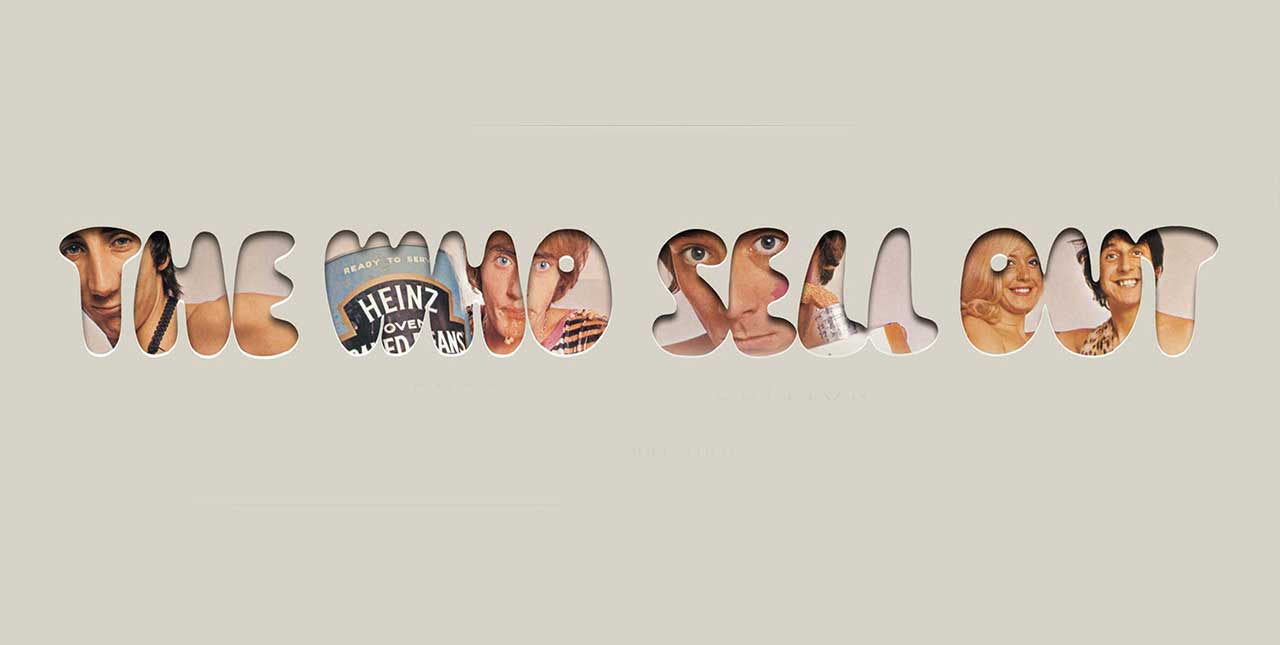You can trust Louder
The pop art structure of The Who Sell Out was borne out of necessity. Pete Townshend didn’t think he had enough songs to make up a full album, so it was filled out with mock-jingles for acne treatments, Charles Atlas’s “dynamic tension” course and baked beans.
As a successful and much-consumed pop band, The Who themselves were nicely positioned in late 1967 between commercial commodity and ambitious purveyors of the more expansive, spiritualist psychedelic vision of Armenia City In The Sky and the horizon-scraping (albeit moodily vindictive) I Can See For Miles, of which multiple versions feature across this collection.
After this would come their full-blown ascent into the dubious conceit of rock opera, as hinted at by the segmented storytelling of “Rael". Tommy was less than two years away.
The additional CDs here comprise both stereo and mono recordings of the original album, alternative takes, very rough run-throughs which eerily take you back over 50 years, the sounds of producers (Lambert and Stamp) gently egging on the band resounding ghostlike in your own headphones.
Much of this is completism for completism’s sake, but there are pearls amid the sweepings. They run through the Rolling Stones’ The Last Time with effective, imitative swagger - did Roger Daltrey have Mick Jagger envy? - while Townshend’s own demos for Relax and the basic reverb of Jaguar, have a certain, lo-fi charm. The songwriter and, here, singer offers heartfelt, un-amplified, un-tasselled versions of his own compositions, with Melancholia especially effective in its late 60s ennui (“The kids have picked most of the flowers”).
Other bonuses include mono mixes of the original version of Magic Bus, with its ingenious stick rhythms and acoustic, skittering, bluesy shuffle. Perhaps this was The Who’s finest period, caught between pop and a harder place, still light and mobile in feel, wide-eyed, bristling with cheek and charm, weightless rather than weighty.
This collection is itself generously weighed down with memorabilia, including posters, flyers, and a crack-back bumper sticker for Wonderful Radio London, beneficiaries of one of the album’s jingles. There’s also an 80 page booklet including liner notes by Townshend himself. A veritable capsule in pop/rock time.
Sign up below to get the latest from Classic Rock, plus exclusive special offers, direct to your inbox!
David Stubbs is a music, film, TV and football journalist. He has written for The Guardian, NME, The Wire and Uncut, and has written books on Jimi Hendrix, Eminem, Electronic Music and the footballer Charlie Nicholas.


